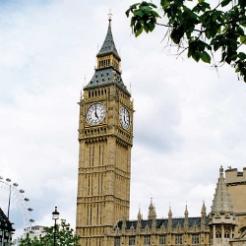Now that Parliament has been dissolved ahead of the general election on 7 May, all charities must make sure that they are following Charity Commission campaigining guidance, and those that are registered as third-party campaigners must begin weekly reporting to the Electoral Commission.
The period between the end of the last Parliamentary term and the formation of a new government is known as purdah and means that civil servants and public bodies, including the Charity Commission, have to be careful about publishing anything that could be considered politically sensitive.
The Charity Commission has produced specific guidance for charities campaigning during the run-up to the election. Additionally the principles outlined in CC9 Speaking out: Guidance on campaigning and political activities by charities still apply during the period.
Charities, elections and referendums advises every charity to “steer clear of explicitly comparing its views (favourably or otherwise) with those of political parties or candidates”.
“A charity may publish the views of candidates in local and national elections where these views relate to the charity’s purposes and publishing them will raise public interest and debate about the underlying issues. The charity must not encourage support for any particular party or candidate,” it adds.
Charities that receive funding from local authorities are also constrained by the Local Government Act 1986 which prevents local authorities, and any organisations which receive funding from them, from publishing material that appears to be designed to influence the public for or against a political party.
Lobbying Act
Those charities that have registered with the Electoral Commission as third-party campaigners will need to begin reporting.
Individuals and organisations are required to register with the Electoral Commission as third-party campaigners if they spend more than £20,000 in England or £10,000 in Scotland, Wales or Northern Ireland between 19 September 2014 and polling day where the expenditure can reasonably be regarded as intended to influence the electoral prospects of parties or candidates.
Among charities that have registered with the Electoral Commission are Heart UK, Stonewall and the RSPCA which registered a separate campaigning body.
- Alice Sharman wrote an analysis of the Lobbying Act and its impications for charities in the February 2015 edition of Charity Finance. Online subscribers can read it here.








